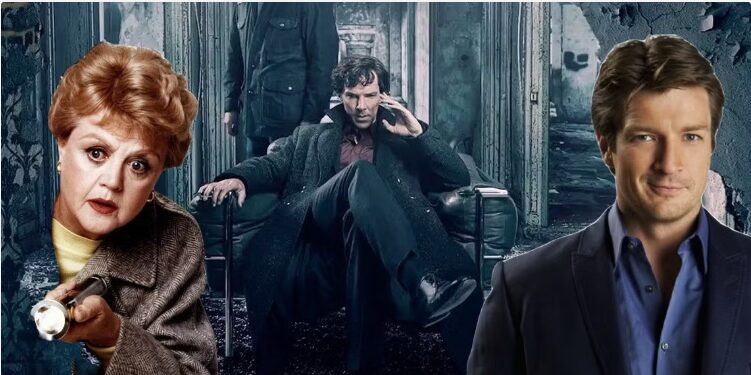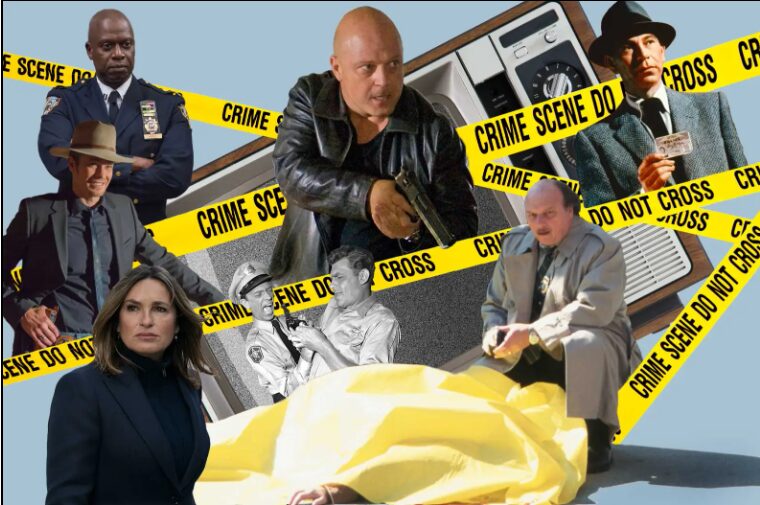
From Sherlock Holmes to Adrian Monk and beyond, the trope of the “special detective” with extraordinary abilities has captivated audiences for generations. These fictional sleuths, often endowed with preternatural intelligence, eidetic memories, or quirky psychological conditions, represent an idealized version of law enforcement that is as compelling as it is misleading. While these characters provide entertainment and drama, their portrayal of crime-solving has profound implications for how audiences perceive police work and justice in the real world.
The Evolution of the Special Detective Trope
The concept of the exceptional detective has deep roots, dating back to literary figures like Edgar Allan Poe’s Auguste Dupin and Sir Arthur Conan Doyle’s Sherlock Holmes. These early iterations relied on logic and deductive reasoning to solve crimes, establishing the framework for modern fictional detectives. When television became a dominant medium, the trope was further developed to suit episodic storytelling.
In the mid-20th century, shows like Columbo and Quincy, M.E. introduced detectives who stood out not only for their investigative prowess but also for their distinct personalities. The quirky, unassuming Columbo, for example, used his apparent disorganization to lull suspects into a false sense of security before unraveling their schemes. These characters represented a sharp departure from the uniformed police officer, highlighting the intellectual aspects of solving crime.
In the 21st century, the trope evolved further with shows like Monk, The Mentalist, and Hannibal. These series emphasized the extraordinary abilities of their protagonists—Monk’s obsessive-compulsive tendencies, Patrick Jane’s near-superhuman observational skills, and Will Graham’s empathic imagination. These traits often positioned the detective as a figure outside the traditional law enforcement hierarchy, reinforcing the idea that only the exceptional can solve the most complex cases.
Tailoring Audience Perceptions of Police Work
These fictional detectives are not just entertainment; they serve as vehicles for shaping public perceptions of police work. By focusing on extraordinary individuals who solve intricate crimes through brilliance and intuition, these shows often portray crime-solving as a near-miraculous endeavor. This portrayal stands in stark contrast to the routine, often mundane realities of police work, where cases frequently remain unsolved, and systemic issues like resource limitations and human error abound.
One of the most significant ways these shows influence audience perceptions is through their emphasis on closure. In most episodes, the mystery is resolved, the perpetrator is caught, and justice is served. This “case closed” narrative fosters the belief that police work is efficient and infallible, even though real-world statistics often tell a different story. For example, clearance rates for violent crimes in the United States hover around 50%, and property crimes are solved at an even lower rate.
Moreover, these shows frequently focus on rare and sensational crimes—serial killings, elaborate schemes, or highly personal vendettas. By doing so, they create a skewed perception of the types of crimes police typically handle. In reality, the majority of police work involves more commonplace issues like traffic violations, petty theft, and domestic disputes.
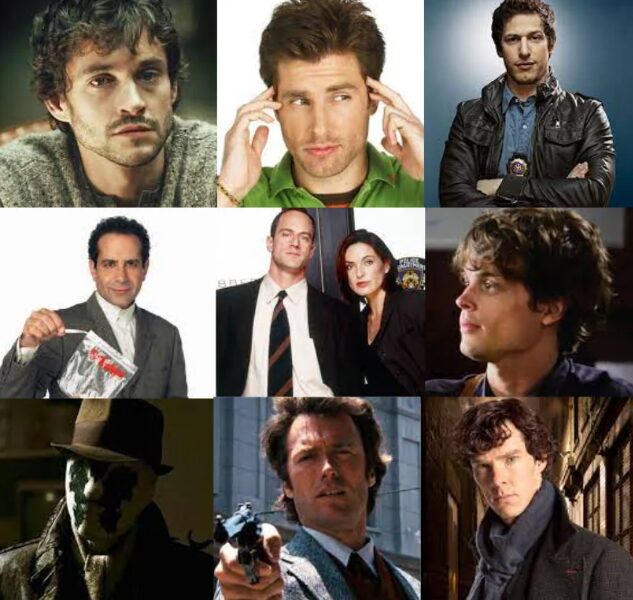
The Impact on Public Opinion
The popularity of crime television has led to what some researchers call the “CSI Effect,” where audiences develop unrealistic expectations about forensic science and criminal investigations. Viewers accustomed to seeing quick solutions on screen may overestimate the capabilities of real-life detectives and forensic experts. This phenomenon can influence jury decisions, as jurors may expect definitive evidence in cases where it simply isn’t available.
Similarly, the “special detective” trope can shape opinions about individual police officers. Protagonists like Sherlock Holmes and Dr. Gregory House (of House, M.D., a medically themed adaptation of the trope) often operate outside the constraints of procedure and bureaucracy, bending or breaking rules to achieve their goals. This depiction can lead audiences to romanticize the idea of rogue cops or “ends justify the means” approaches, even though such behavior is often ethically and legally problematic in reality.
Real-Life Trends and the Feedback Loop
While it’s challenging to draw a direct causal link between crime shows and public perceptions of police, there is evidence to suggest a correlation. A 2018 study published in the journal Criminology and Public Policy found that viewers of crime dramas are more likely to believe in the efficacy and fairness of the criminal justice system. This belief persists despite widespread evidence of systemic issues such as racial bias, corruption, and unequal access to justice.
Additionally, the glorification of exceptional detectives may contribute to the “hero worship” culture surrounding law enforcement. This can obscure systemic critiques by focusing public attention on individual “good cops” rather than institutional reforms. In some cases, this narrative can even discourage accountability, as it reinforces the idea that extraordinary results justify unorthodox or unethical methods.
On the other hand, the trope’s focus on intelligence and ingenuity can also have positive effects. By showcasing detectives who prioritize intellect over brute force, these shows counteract stereotypes of law enforcement as primarily reliant on physical power. This shift can inspire audiences to value critical thinking and problem-solving in their own lives.
A Question of Representation
One of the notable criticisms of the special detective trope is its lack of diversity. Historically, these characters have often been white men, perpetuating a narrow vision of who can be a hero in law enforcement. While shows like Luther and Elementary have made strides in diversifying this archetype, representation remains limited.
Moreover, the portrayal of mental illness in characters like Adrian Monk or Will Graham often walks a fine line between sensitivity and sensationalism. While these shows have raised awareness about conditions like obsessive-compulsive disorder or empathy spectrum disorders, they also risk trivializing or misrepresenting these issues for dramatic effect.
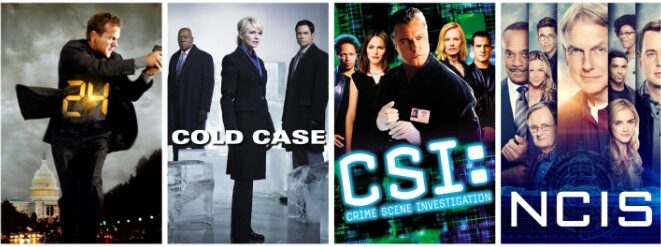
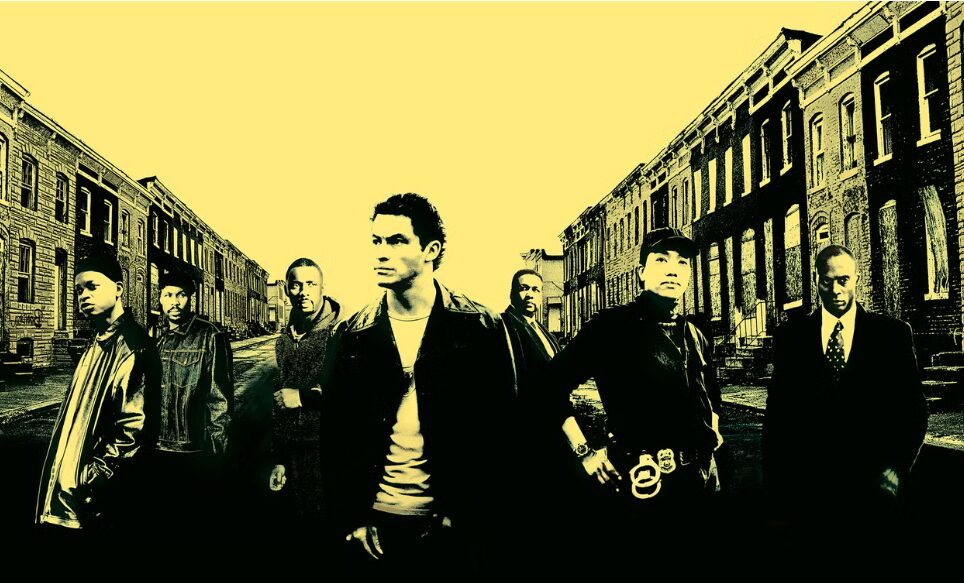

Grounded Crime Dramas and Their Realistic Portrayals
In contrast to the heightened drama of the “special detective” trope, some crime shows strive for a more realistic depiction of policing. Series like The Wire and Southland focus on the systemic challenges, ethical dilemmas, and interpersonal dynamics that define real-life law enforcement. The Wire, in particular, examines the interplay between law enforcement, politics, and socioeconomic factors, emphasizing the limitations of the criminal justice system. These shows highlight the collaborative nature of police work and the procedural grind that often goes unnoticed in flashier dramas. By portraying both the successes and failures of the system, they offer a nuanced view that encourages critical thinking about the role of policing in society.
The special detective trope has undoubtedly shaped the landscape of crime television and influenced public perceptions of police work. By portraying crime-solving as the domain of extraordinary individuals, these shows create a compelling but often misleading narrative about how justice is achieved. While they can inspire admiration for intelligence and ingenuity, they also risk reinforcing unrealistic expectations and obscuring systemic issues in law enforcement.
As audiences, it’s essential to approach these portrayals critically, recognizing their entertainment value while questioning their real-world implications. In a time when public discourse about policing is more critical than ever, understanding the myths perpetuated by crime television can help us separate fiction from reality and advocate for a more accurate and equitable vision of justice.


